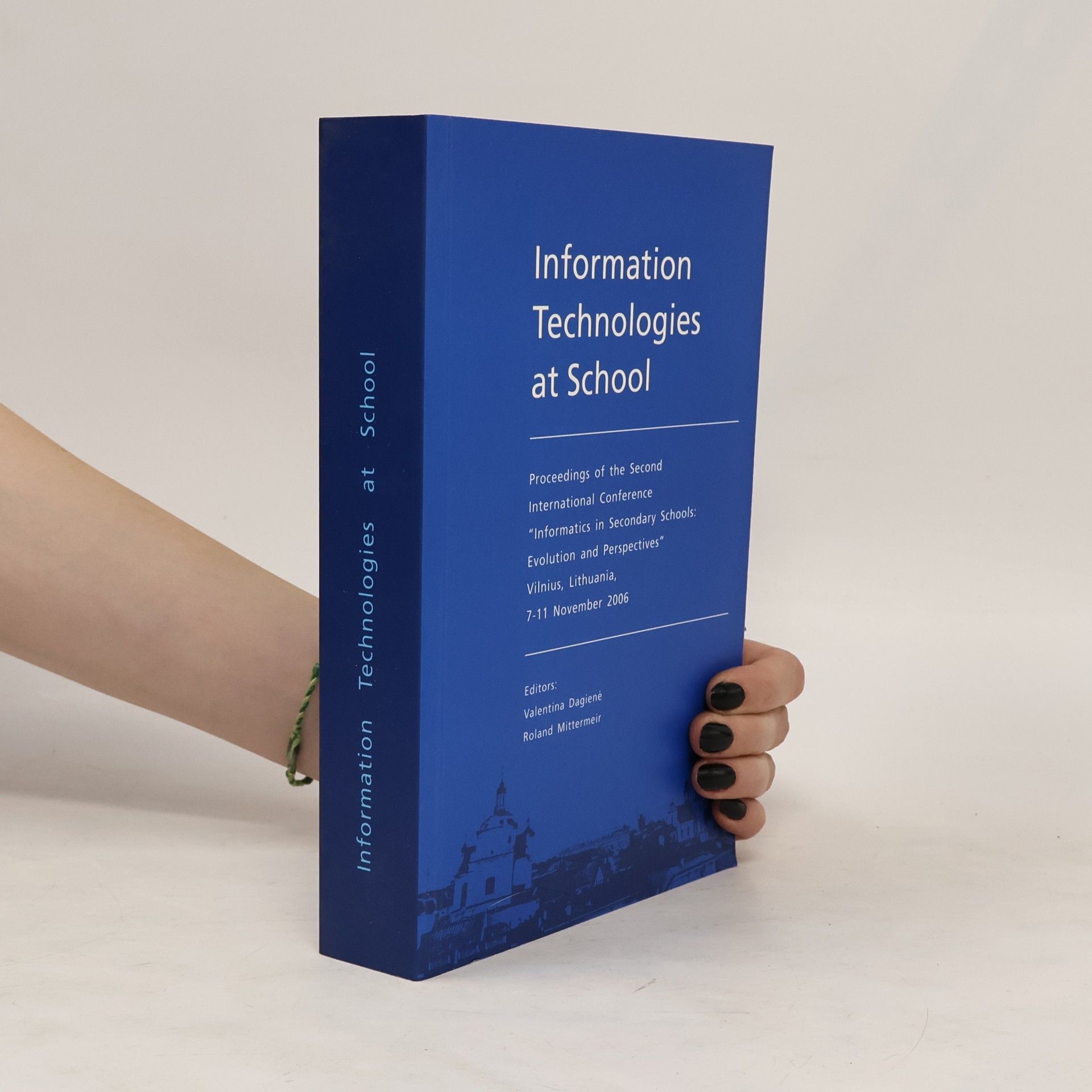Information Technologies at School
- 707pages
- 25 heures de lecture



The school system, while governed by national regulations, faces didactical challenges that merit international discussion, particularly in informatics education. Unlike many scientific fields, informatics experiences rapid technical and scientific advancements, even at the secondary school level. This discipline is scrutinized more closely by parents, employers, and policymakers, as it is perceived as essential for securing good job prospects. Policymakers are keen on fostering a population skilled in modern technology to bolster national wealth. However, the validity of these high expectations raises questions about educational objectives. The 1st International Conference on Informatics in Secondary Schools highlighted the challenges informatics teachers face in bridging the gap between imparting essential informatics knowledge and ensuring students achieve computer literacy. With limited instructional time, these educational goals often conflict. Furthermore, while computer-supported teaching and eLearning are distinct from informatics education, many educators are still expected to assist with eTeaching initiatives. This dual role complicates the already challenging task of effectively teaching informatics in schools.
The book explores the evolution and integration of informatics in Austrian secondary education, beginning with the "Computer-Education-Society" project initiated in the 1984/85 school year. It reflects on two decades of computer and informatics education in Austria's secondary academic schools and vocational institutions. The text examines national perspectives on the transition from school to university, questioning whether prior computing knowledge aids this shift. It also addresses the Polish education system's approach to information technology and the challenges faced in general education. Educational standards for informatics in Austria are discussed alongside Russian standards, highlighting aims and content. Current trends in teaching informatics in Ukraine are analyzed, as well as the study of information search systems on the Internet. The text emphasizes the importance of teaching introductory computer science, advocating for a human-centric view of education. It presents preparatory knowledge in informatics and offers a pragmatic approach to spreadsheet training through a "Projection–Screen" model. Strategies for introducing functional data modeling in school informatics and the role of ICT in Austria's secondary schools are explored. The distinction between informatics and information technology is examined, alongside the implications of mobile communication in education.